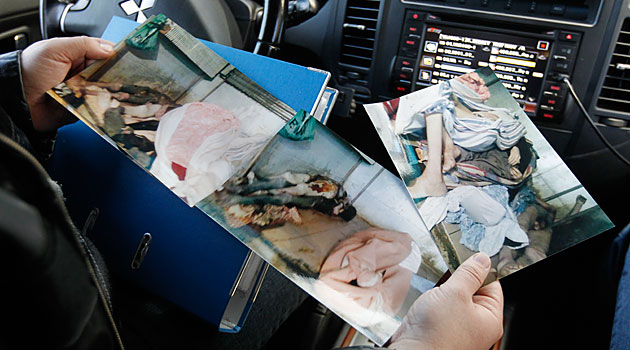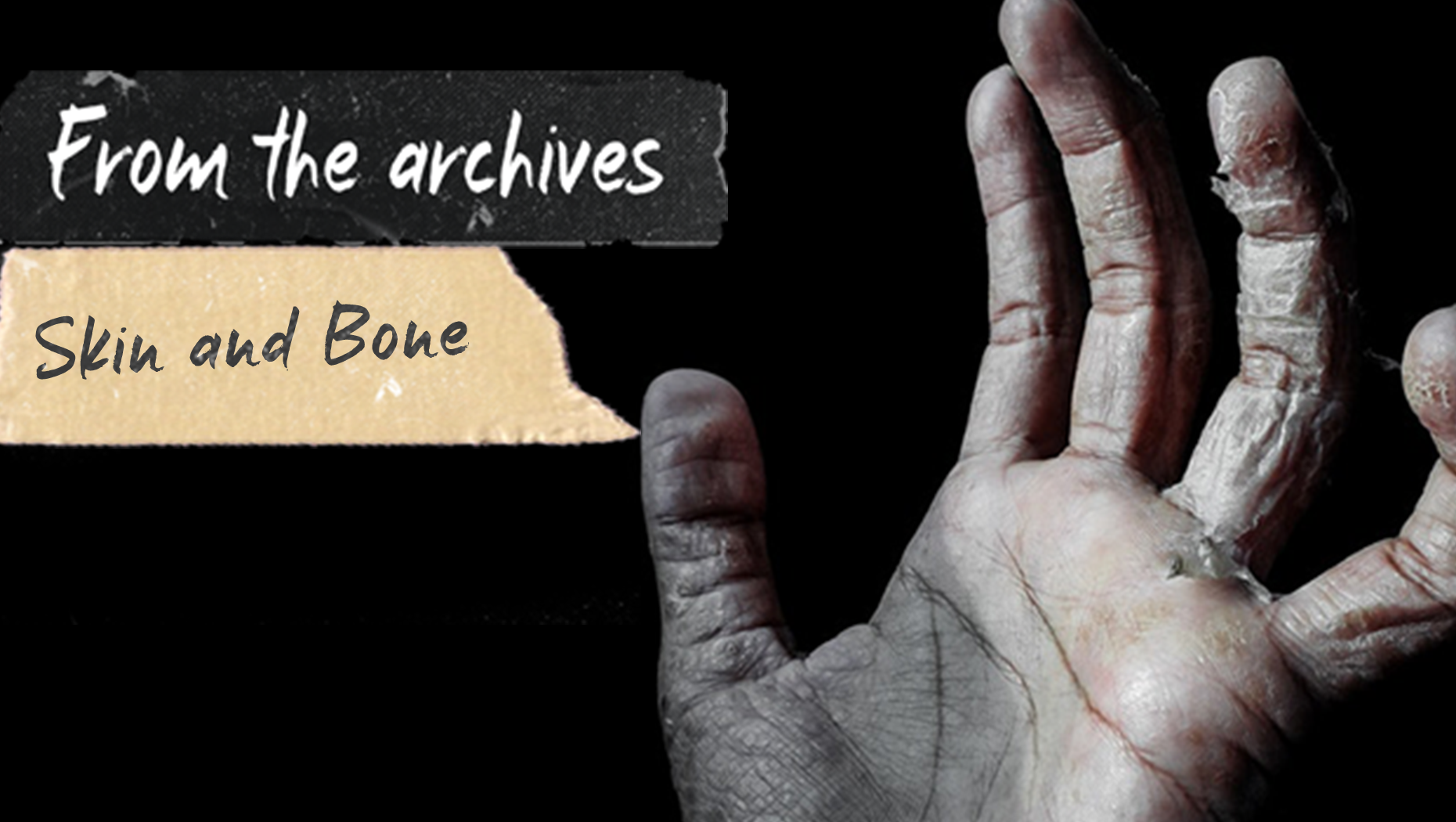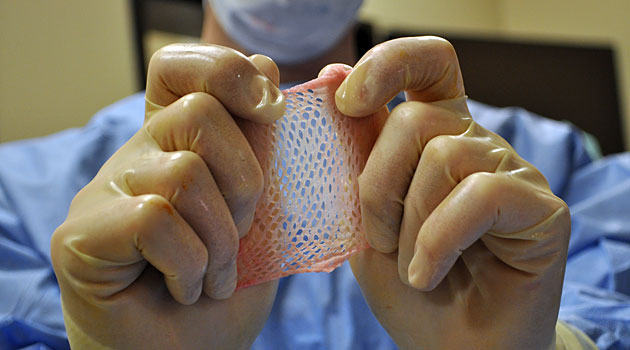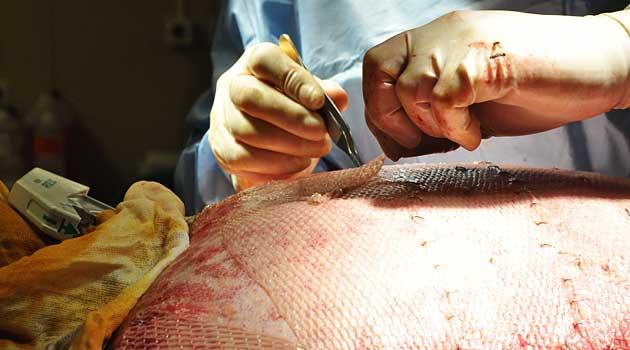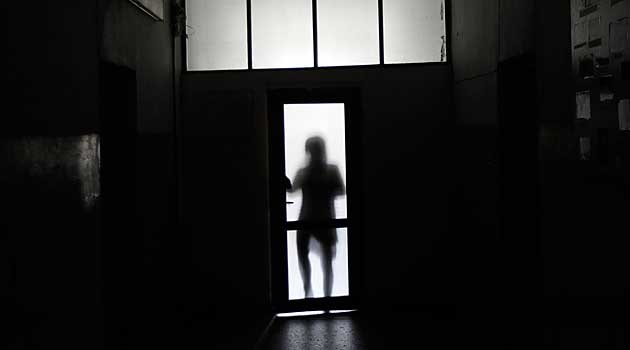Ukrainian authorities will press charges against a morgue official who is alleged to have illegally recovered human tissue from a corpse intended for the international market.
However, they have dismissed charges against three other morgue officials in the city of Nikolaev who were accused of related offenses.
These moves are among the latest developments in the Ukranian authorities’ investigation of the relationship between coroners’ offices and for-profit companies that supply raw material for manufacture of medical and dental devices. At issue is bone, teeth and other body parts taken from 40 corpses in 2011 and early 2012.
Relatives of the dead claimed they were not properly consulted about what had happened their loved ones.
The one case going forward alleges a coroner,Oleh Tsekhovsky, forged the consent signature of a family member of one of the donors.
If convicted, the coroner could face a $106 fine, up to two years of public service, or three years of probation and employment restrictions, according to Ukraine’s criminal code.
The charges against the others were dropped because investigators lacked evidence to prove the coroners had broken laws when they failed to tell families about how much tissue was going to be harvested from dead loved ones, said Ihor Skopenko, a lead investigator at the Ukraine Security Service’s Nikolaev regional office.
The relatives had consented to have small pieces of tissue recovered from their deceased family members by technicians at the regional morgue that supplied a firm called BioImplant.
BioImplant is a government-controlled entity that obtained tissues from regional morgues that were later sent to a German firm, Tutogen Medical.
Tutogen is a subsidiary of the United States publicly traded RTI Biologics, a medical device company that makes implants from recycled human parts.
RTI and its German subsidiary, Tutogen Medical, suspended a relationship with BioImplant and 20 Ukraine tissue banks after a series of articles reported by the International Consortium of Investigative Journalists (ICIJ) in July.
Families of the deceased who were interviewed by ICIJ said they were shocked to learn coroners had taken much more tissue than they consented to.
According to standards set by the American Association of Tissue Banks (AATB), of which RTI is a member, tissue banks in the United States are required to clearly identify to families what tissues will be recovered and what effect that will have on the appearance of the body.
AATB declined to comment for this story. RTI also declined to comment but it has said previously that RTI has “a long history as a responsible steward of the gift of donation and delivering safe tissue implants.”
Two previous cases involving morgues supplying BioImplant with tissue allegedly obtained illegally were also closed without convictions.
In 2005, prosecutors in Kiev dropped one case after ruling that no crime could be proven if the recovered tissue had not been transplanted. In 2008, the medical director of a morgue in Krivoy Rog died while the jury was deliberating in his criminal trial.
In a separate incident that is on-going, prosecutors in the western Ukraine city of Ivano-Frankovsk in June 2012 announced they had charged coroners from that regional morgue with deceiving twenty families into signing donor consent forms between 2009-2011.
The Ivano-Frankovsk morgue signed a supply contract with BioImplant in 2007. RTI registered the same morgue with the U.S. Food and Drug Administration in June 2008, according to FDA records. This indicates that some of the recovered human tissue may have been destined for the U.S.
Last week, Ukraine authorities claimed that four employees of two morgues in the Chernigov region, both previously registered with the FDA, had illegally obtained tissue from 159 corpses.
A statement issued by the security services said the tissue had been sent to an unnamed “specialized state enterprise.”
